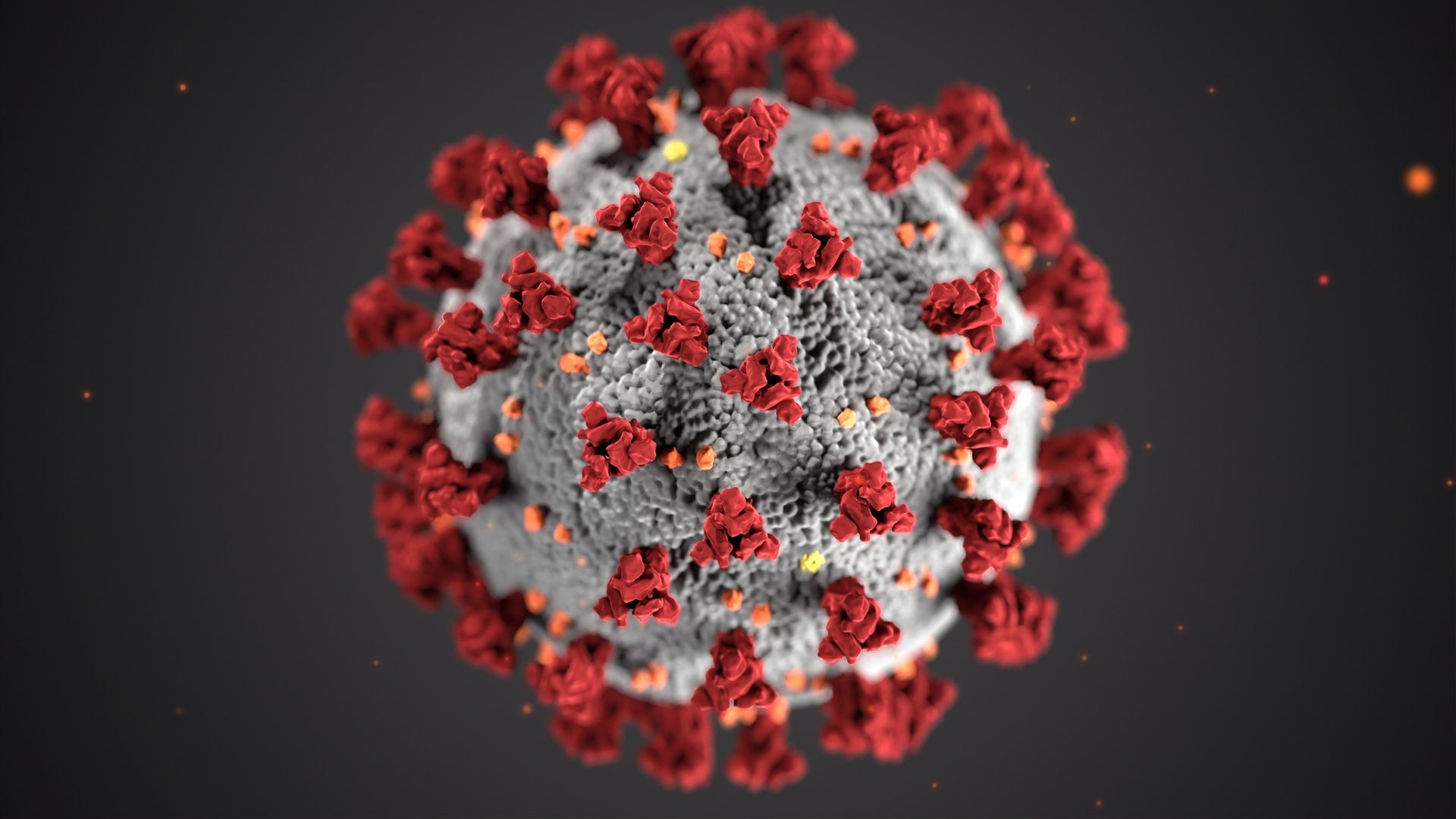
RedHill Biopharma has received a second unanimous DSMB recommendation to continue the global Phase II/III study of opaganib (Yeliva, ABC294640) in patients hospitalised with severe Covid-19 pneumonia.
The latest development comes after a second independent Data Safety Monitoring Board (DSMB) safety review.

Discover B2B Marketing That Performs
Combine business intelligence and editorial excellence to reach engaged professionals across 36 leading media platforms.
Based on an analysis of unblinded safety data from the first 155 patients who received treatment for 14 days, DSMB recommended the continuation of the trial.
A new chemical entity, opaganib is an orally administered, sphingosine kinase-2 (SK2) selective inhibitor, which showed a triple-action effect on the pathophysiological processes linked with Covid-19.
RedHill Biopharma medical director Mark Levitt said: “This second unanimous independent DSMB recommendation to continue the global Phase II/III study of opaganib in patients with severe Covid-19 confirms the safety of opaganib and means we can continue to focus on completing enrollment for this study as rapidly as possible, with a view to having top-line data in the first quarter of 2021.
“If successful, we expect to make subsequent global emergency use applications in the same quarter.”

US Tariffs are shifting - will you react or anticipate?
Don’t let policy changes catch you off guard. Stay proactive with real-time data and expert analysis.
By GlobalDataThe global Phase II/III study on 270 hospitalised patients with severe Covid-19 pneumonia has completed more than 60% of the target enrolment.
This drug efficacy evaluation study is expected to deliver top-line data in the first quarter of next year.
In a few weeks, the DSMB will carry out a pre-scheduled, unblinded futility interim analysis to analyse data from the first 135 subjects who have reached the trial’s primary endpoint.
In addition, a parallel US Phase II study with opaganib concluded enrolment of all 40 subjects and top-line data is anticipated by year-end.
Safety evaluation and potential identification of preliminary efficacy signals are the focus areas of this study.
Furthermore, Opaganib received Orphan Drug designation from the US FDA for treating cholangiocarcinoma.
The drug is being assessed in a Phase IIa study for advanced cholangiocarcinoma treatment and a Phase II study for prostate cancer treatment.




